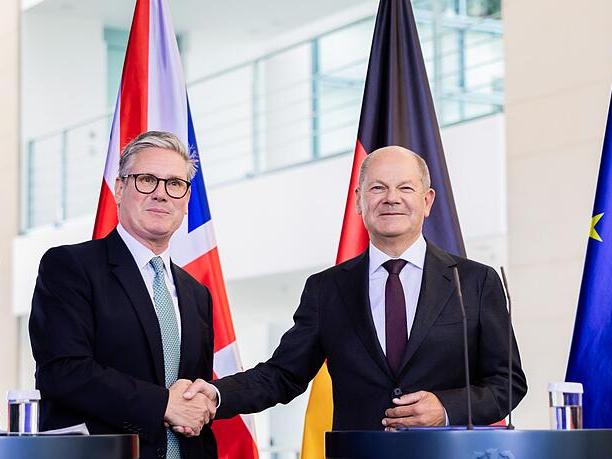The ongoing protests in Bangladesh against the government’s job quota system have escalated dramatically, with the death toll rising to at least 50 and hundreds more injured, including over 100 police officers and 30 journalists. The unrest, which began on July 1 after the High Court reinstated a quota system reserving one-third of civil service posts for descendants of freedom fighters, has spread to at least 32 of the country’s 64 districts.Protesters, mostly students and young people, have set fire to government buildings, including the state television headquarters, and clashed violently with police. In response, authorities have used tear gas, rubber bullets, and what they term ‘non-lethal’ weapons, which rights groups claim are responsible for over two-thirds of the deaths.The government has taken drastic measures to control the situation, shutting down internet services nationwide, closing schools and universities indefinitely, and deploying the military. Additionally, all public rallies have been banned in the capital, Dhaka. Prime Minister Sheikh Hasina, who has been in power since 2009, is facing increasing pressure to address the protesters’ demands.The protests have evolved into a broader expression of discontent with high youth unemployment and economic conditions. Protesters are demanding an end to the quota system, which they claim is discriminatory and favors ruling party allies. The unrest has also opened old political faultlines between those who fought for Bangladesh’s independence from Pakistan in 1971 and those accused of collaborating with Islamabad.International organizations, including the UN and Amnesty International, have called for restraint and accused security forces of using excessive force. The US has also condemned the violence and called for restraint. As the situation remains volatile, the government has announced the formation of a judicial probe committee to investigate the violent incidents, but protesters continue to demand the Prime Minister’s resignation and justice for those killed.The protests have gained international attention, with students holding rallies in New York, Australia, and Denmark in solidarity with the Bangladeshi protesters. The situation remains tense, with the opposition accusing the government of suppressing dissent, while the government claims the opposition is stoking the violence.
Key points
- Death toll in Bangladesh protests rises to at least 50, with hundreds injured.
- Government bans all public rallies in Dhaka and imposes nationwide internet shutdown.
- Protests spread internationally, with solidarity rallies held in New York, Australia, and Denmark.
- UN, US, and human rights organizations call for restraint and condemn excessive force by security forces.
Contradictions👾Some sources report 39 deaths, while others claim at least 50.
This discrepancy may be due to different reporting times or varying sources of information.



